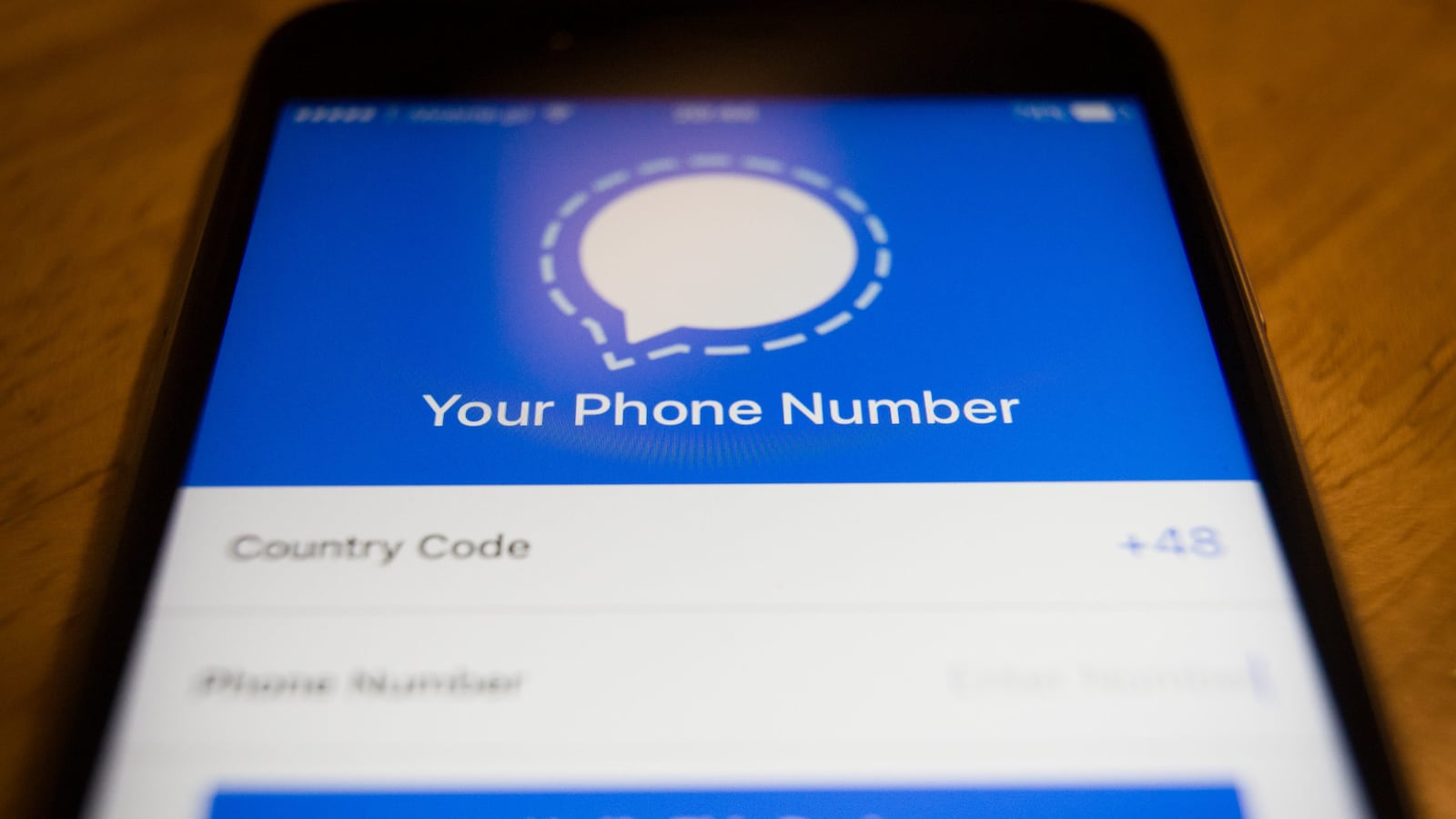Senior city officials, including the mayor himself, have communicated using an encrypted messaging app, drawing complaints from good government groups since the messages can skirt public records laws.
Now, the education department is the latest agency with a top official using the encrypted app called Signal: The agency’s press secretary joined over the weekend.
Miranda Barbot, chief spokesperson for schools Chancellor Richard Carranza, created a Signal account on Sunday, according to an alert sent to her contacts already using the app, including a Chalkbeat reporter.
In contrast with other city officials, Barbot said in an email she is using the app for personal reasons. “I joined for personal communication, I’m not conducting official business on it.”
But the good government group Reinvent Albany said the move still raises red flags.
“That’s just saying — just trust us,” John Kaehny, the group’s executive director, said of Barbot’s response. “We’re extremely skeptical that the use of Signal, WhatsApp, [or] any of these third party apps complies with city archiving laws.”
Seven watchdog groups, including Reinvent Albany, sent a letter to de Blasio on Friday urging him to only allow city employees to use messaging platforms that comply with city and state records laws.
“We believe that messaging apps like Signal, Telegram and Confide do not preserve public records that can be disclosed under the Freedom of Information Law,” according to the letter. “To comply with FOIL, the city’s policy for archiving messages should be made uniform with its policy for archiving emails.”
Officials have increasingly joined secure messaging apps to avoid hacks or disclosure of sensitive information. Unlike official government email accounts, accessing messages sent with encrypted apps such as Signal or WhatsApp is nearly impossible without access to a user’s phone, and it’s possible to configure the messages to automatically disappear, though that feature is not always used.
But transparency advocates warn that the use of such apps can also make it easier for government officials to sidestep laws that require records to be archived or disclosed if a reporter or member of the public files a records request.
Kaehny acknowledged that records laws are “still based on a paper paradigm” and have largely not kept up with technology, meaning that communication between government officials conducted via text message — a common occurrence — has many of the same problems. (Gov. Andrew Cuomo landed in hot water eight years ago for using BlackBerry’s proprietary messaging service to communicate with aides.)
Top aides to Mayor Bill de Blasio have used Signal for city business, the Wall Street Journal reported, including discussing the mayor’s schedule and whether he would visit a neighborhood experiencing sewage backups.
“City Hall abides by the rules for record retention,” said Freddi Goldstein, a spokesperson for the mayor. “Use of a messaging app doesn’t change that.”
Barbot did not immediately respond to questions about whether other top education officials, including the chancellor, use encrypted messaging apps.
Even if city officials used messaging platforms that were more friendly to public disclosure, it would require a public records request to obtain them — and those requests continue to be an uphill battle.
The education department is one of the least responsive agencies in New York City to public records requests.

